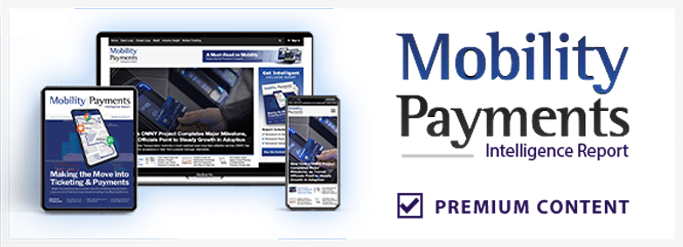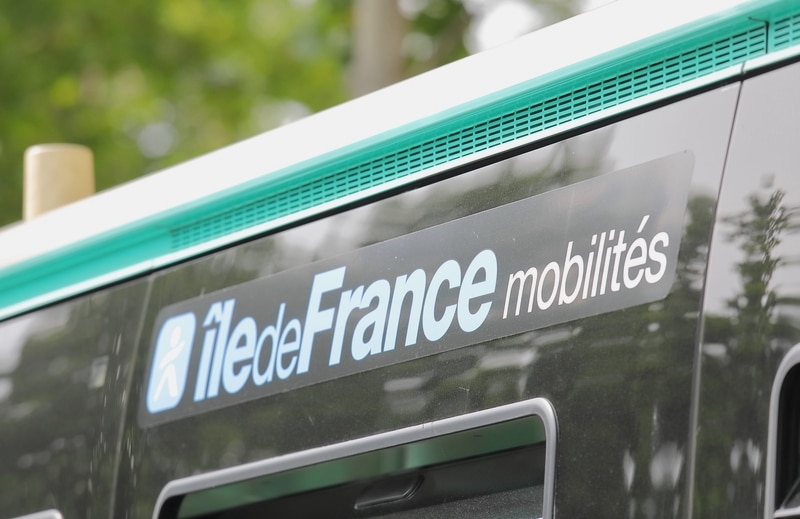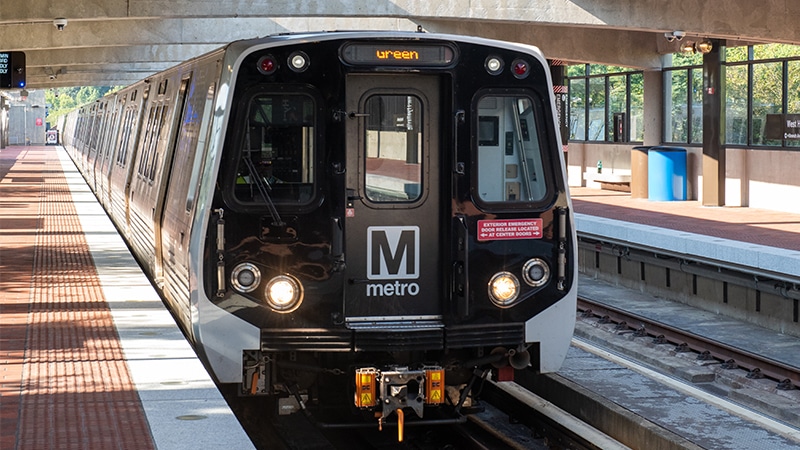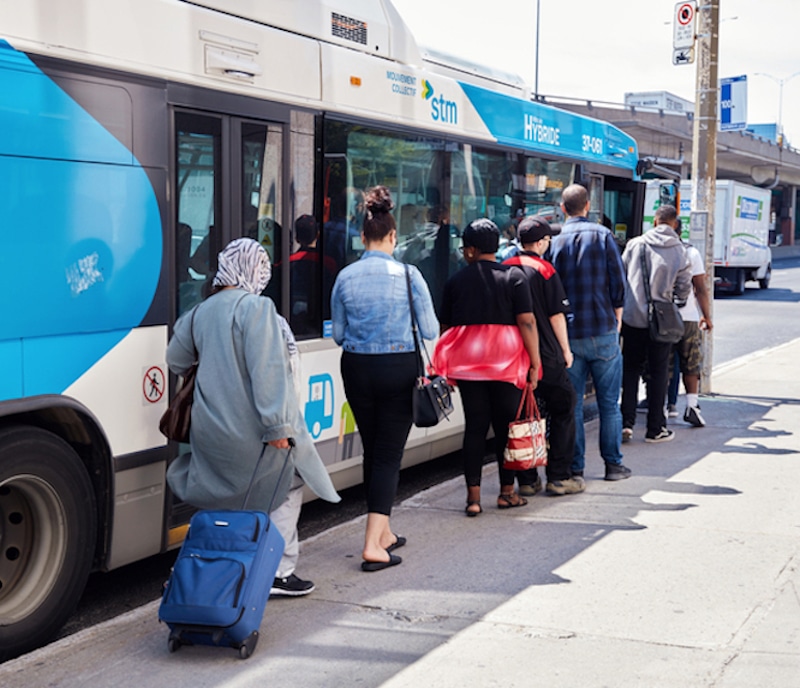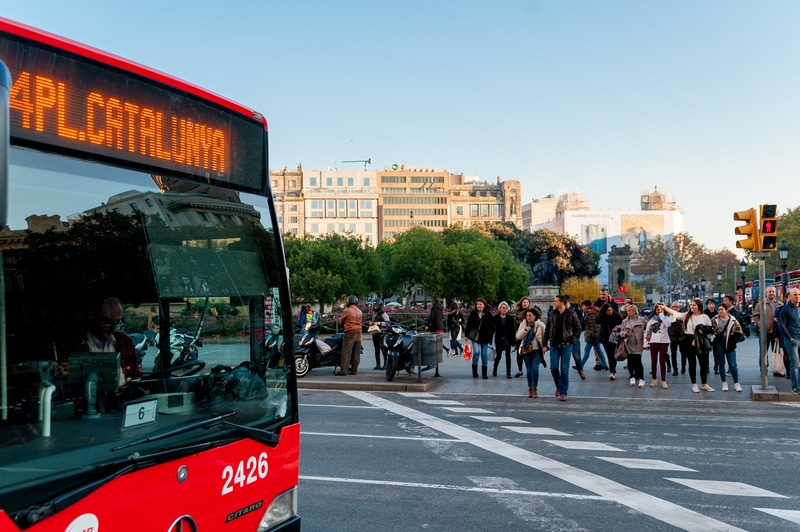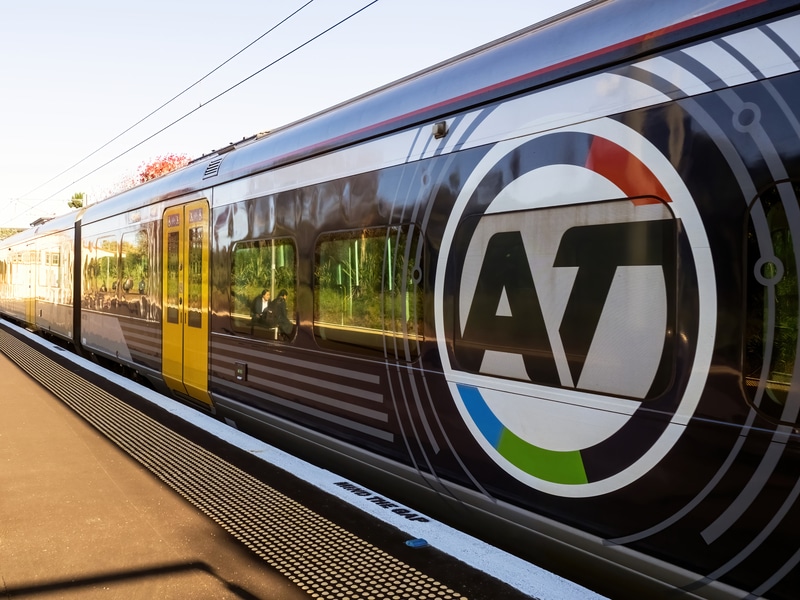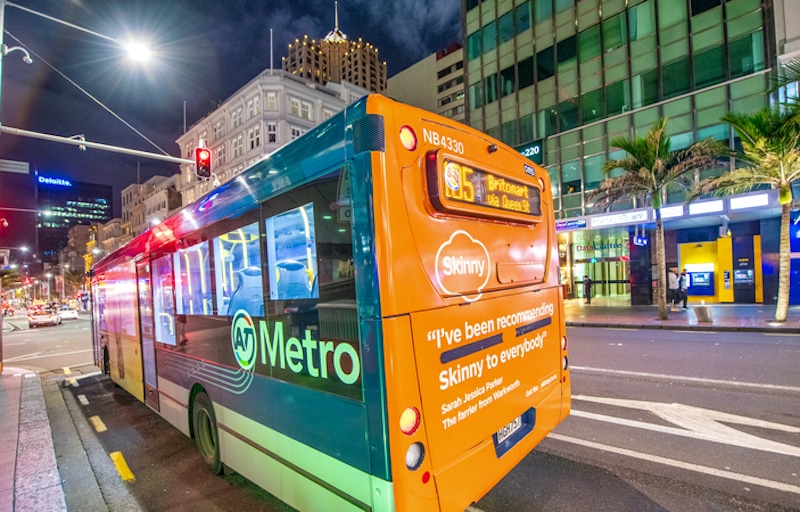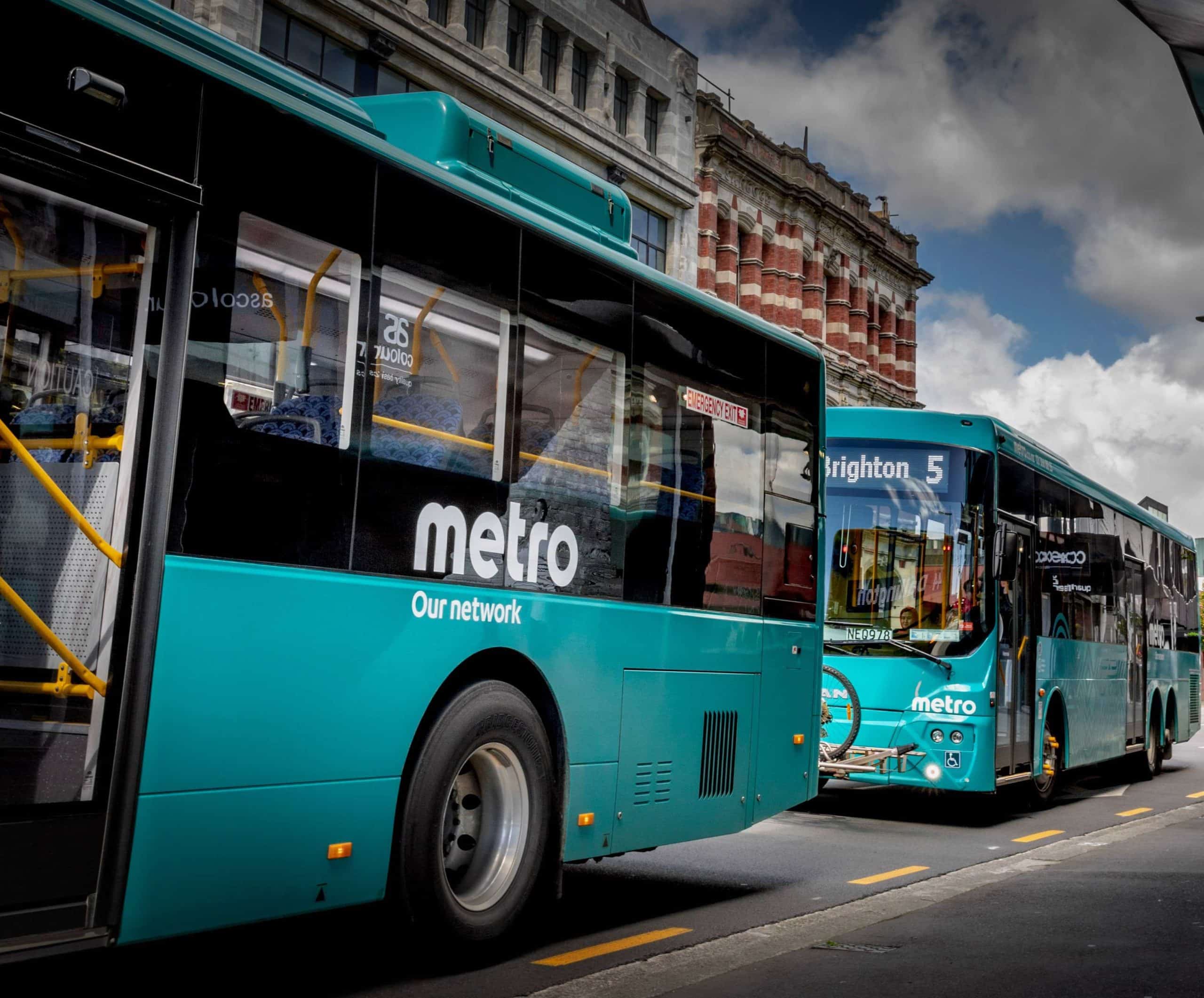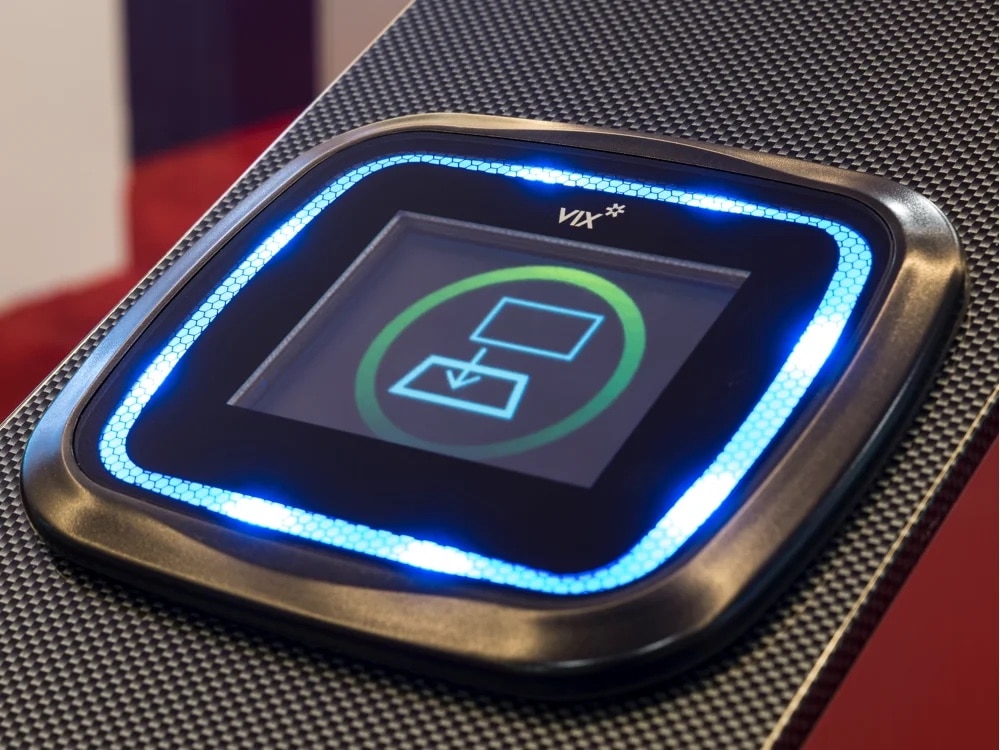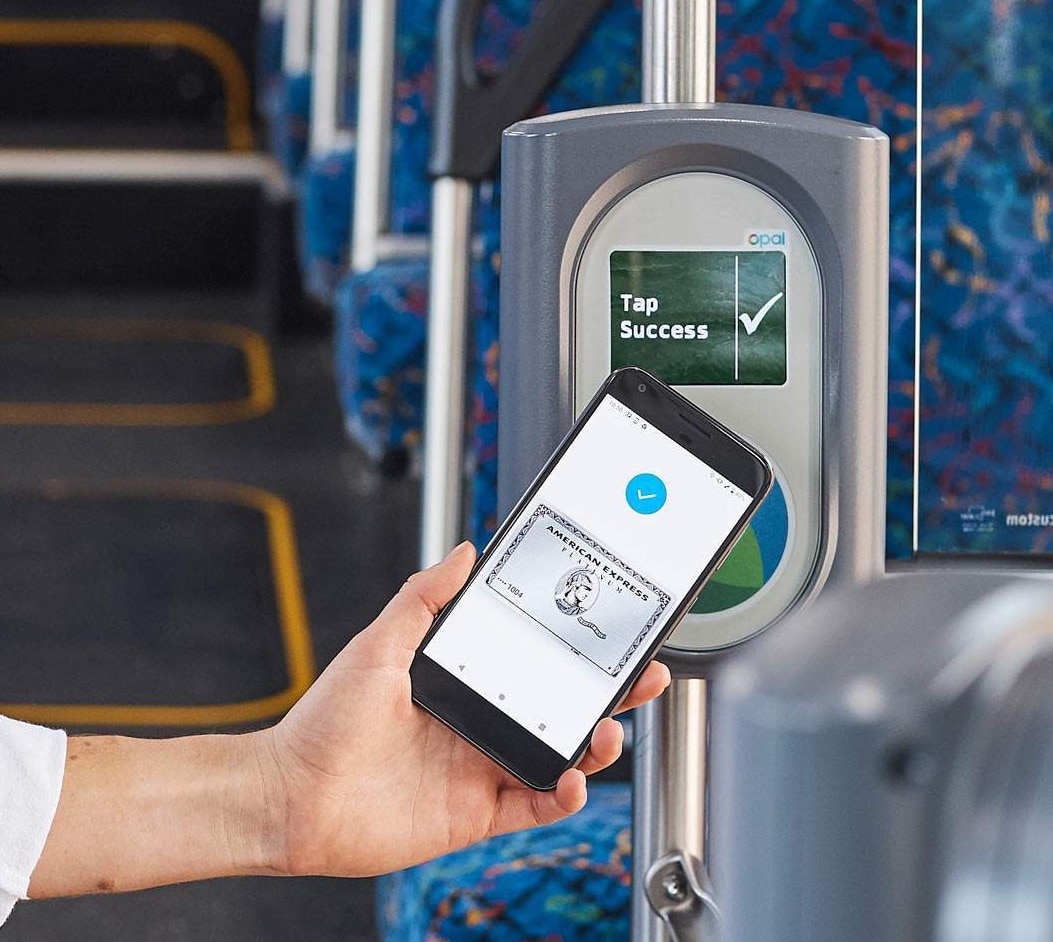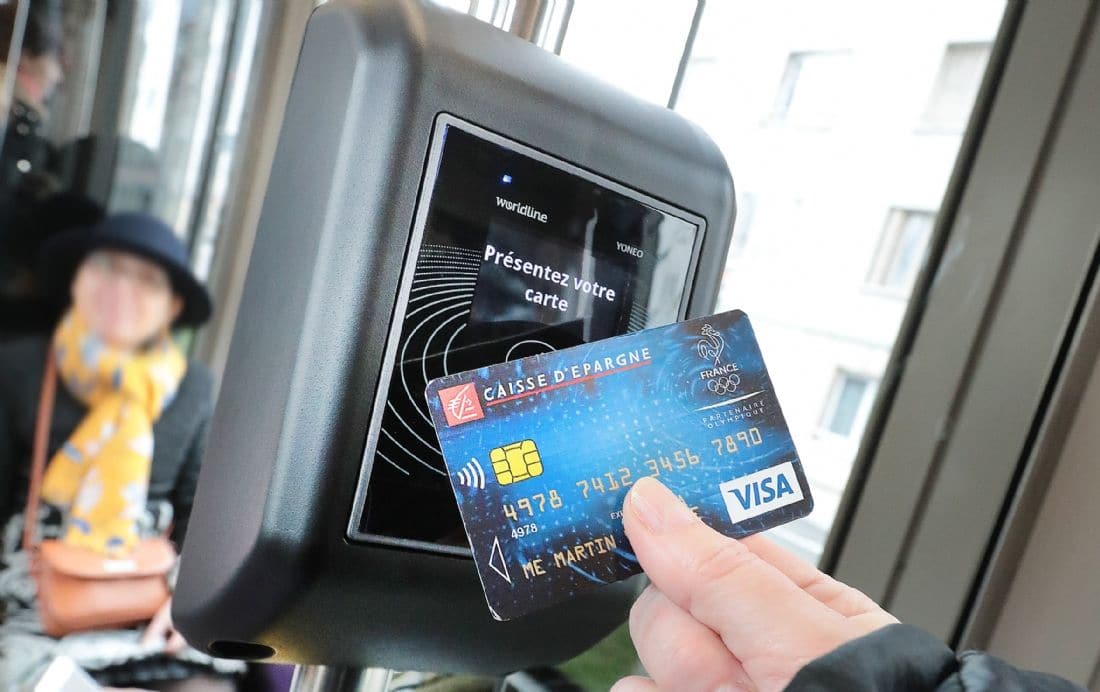
Article Highlights
Key Takeaway:
More than 30 transit agencies have launched acceptance of contactless EMV payments or have hired vendors to implement the technology. The French capital, however, is a major holdout.
Key Data:
Table: List of first 25 French cities moving to open, with launch dates, major vendors, acquiring banks and ability to process domestic debit.
France had fallen behind such open-loop payments hotspots in Europe as the UK and Italy. But it has been catching up over the past couple of years, starting with small to medium-sized cities.






